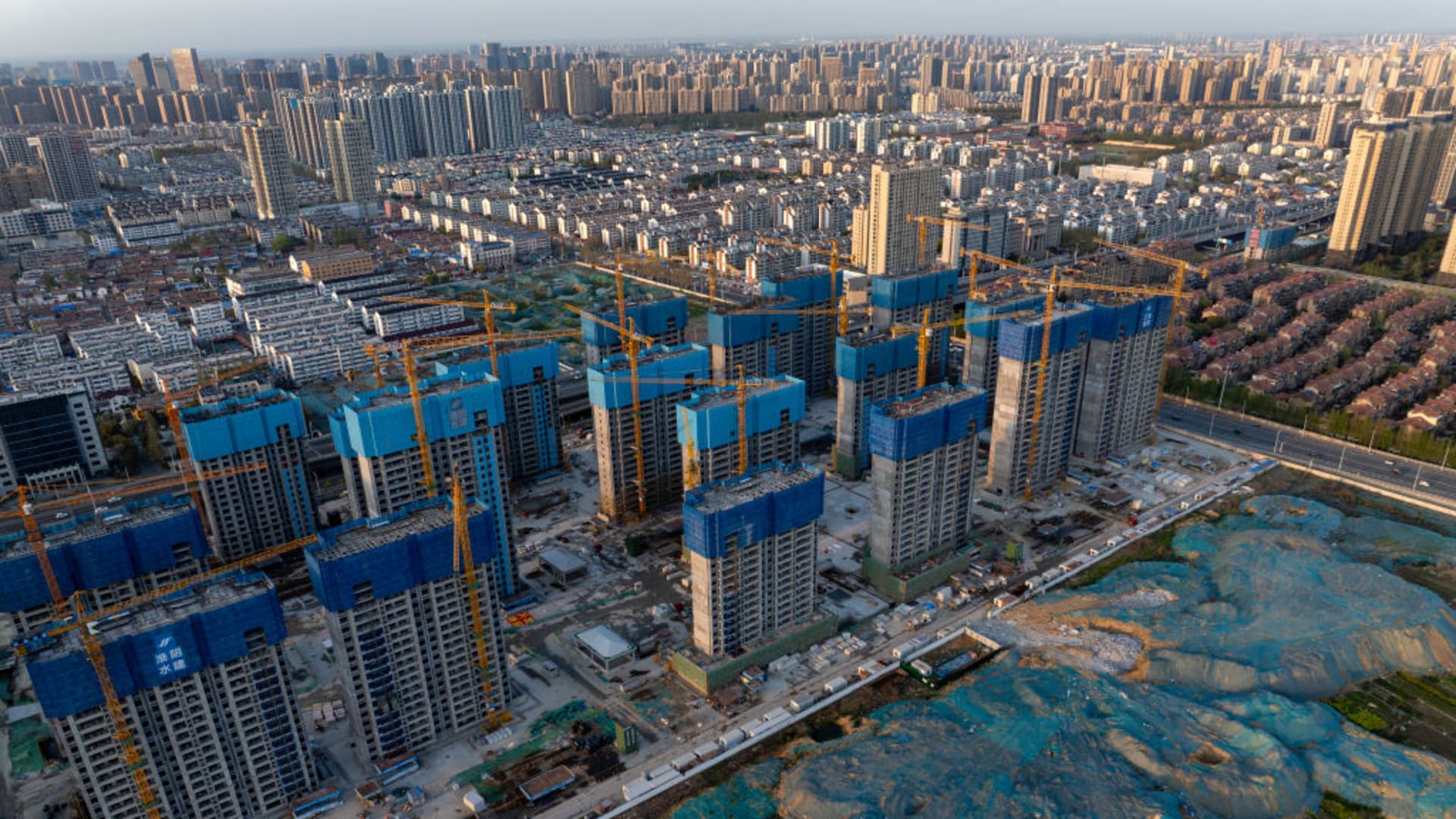China is facing a complex economic challenge where convincing its citizens that home prices are on the rise is crucial for economic recovery. According to Richard Koo, chief economist at Nomura Research Institute, “We need a narrative that says, okay, this is the bottom of the prices, the prices will start going up from this point onwards.”
**Tepid Market and Concerns over a “Balance Sheet Recession”**
Despite government efforts to stabilize the real estate market, business and consumer appetite for new loans remain subdued. Home prices have been declining steadily, sparking concerns that China may be entering a “balance sheet recession,” a phenomenon similar to the one Japan experienced during its prolonged economic slump.
In such a scenario, individuals and businesses hesitate to borrow money due to fears that asset prices will continue to fall, leading to a vicious cycle of declining investment and economic growth.
**China’s Real Estate Conundrum**
The government has tried to ease the situation by characterizing the real estate sector as being in a period of “adjustment” while promoting alternative growth drivers. However, real estate and related industries have long been major contributors to China’s economy, making a recovery challenging without addressing this sector.
The government’s reluctance to implement large-scale stimulus packages stems from the belief that the previous stimulus efforts during the global financial crisis exacerbated imbalances in the economy, leading to overheated growth and rampant speculation.
**Demographics and Lessons from History**
Adding to the complexity is China’s shrinking population, a factor absent during Japan’s economic downturn. This demographic trend makes it harder to justify a narrative of rising home prices and encourages continued caution among potential buyers.
Economist Koo draws parallels between China’s current situation and Japan’s past, advocating cautious optimism. He believes that China should stimulate its economy to avoid a balance sheet recession but argues that support should be gradually reduced once growth reaches 12%, lest the past mistakes of overstimulation be repeated.
**Navigating the Delicate Balance**
China’s policymakers face a delicate balancing act of addressing the real estate market’s challenges while stimulating economic growth without resorting to unsustainable stimulus measures. Convincing citizens that home prices are on the rise is crucial to break the cycle of declining investment and stimulating economic recovery.
Data sourced from: cnbc.com




















